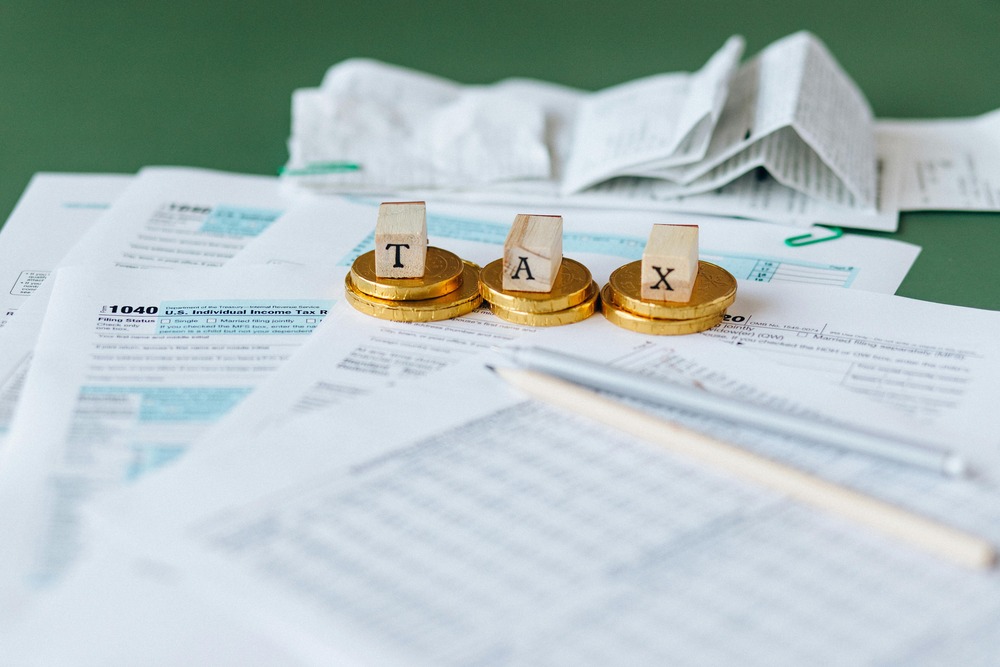Starting August 1, 2025, Indonesia will introduce new tax rates on cryptocurrency activities. The government says the changes are meant to increase tax revenue, protect local users, and bring more structure to the fast-growing crypto industry.
The new rules will apply to both crypto trading and mining. According to the Finance Ministry, these updates are necessary because many people are now investing in crypto assets, and the government wants to ensure fair regulation and taxation.
Higher Taxes for Crypto Traders
Under the new rule, anyone selling cryptocurrency on a local Indonesian platform will now pay a 0.21% tax on each transaction. This is more than double the old rate of 0.10%.
However, if you trade on foreign or unregistered crypto platforms, the tax will be much higher, at 1% per transaction. This is a big jump from the previous 0.2% rate. The government hopes this will encourage people to use registered local exchanges instead of foreign ones, which are harder to monitor.
At the same time, there’s some good news for buyers. The Value Added Tax (VAT) that was charged on people buying crypto between 0.11% and 0.22% will be removed entirely. This means buyers will no longer pay tax when purchasing digital assets.
Furthermore, crypto miners in Indonesia will now pay 2.2% VAT, up from the previous 1.1%. Also, the old 0.10% income tax for miners will be cancelled. Instead, starting in 2026, miners will pay regular income tax rates depending on their total earnings, just like other businesses or individuals.
Industry Growth Sparks Tighter Regulation
The new tax policy comes as Indonesia’s crypto market is growing quickly. In 2024 alone, crypto trades in the country reached over $39 billion, with more than 20 million users, surpassing the number of stock market investors.
Tokocrypto, a local exchange backed by Binance and operating in Indonesia, supports the new tax system but has asked the government for a grace period before enforcement begins. They also want more decisive action taken against foreign platforms that don’t follow local tax rules. The goal of these changes is to make crypto trading safer, fairer, and more beneficial for the country’s economy.
Also, as part of its push to improve crypto regulations, Indonesia’s Commodity Futures Trading Authority (Bappebti) has approved 1,444 crypto assets for trading on local exchanges, a sharp increase from before. This move highlights the country’s serious effort to build a more organized and trusted crypto environment.

